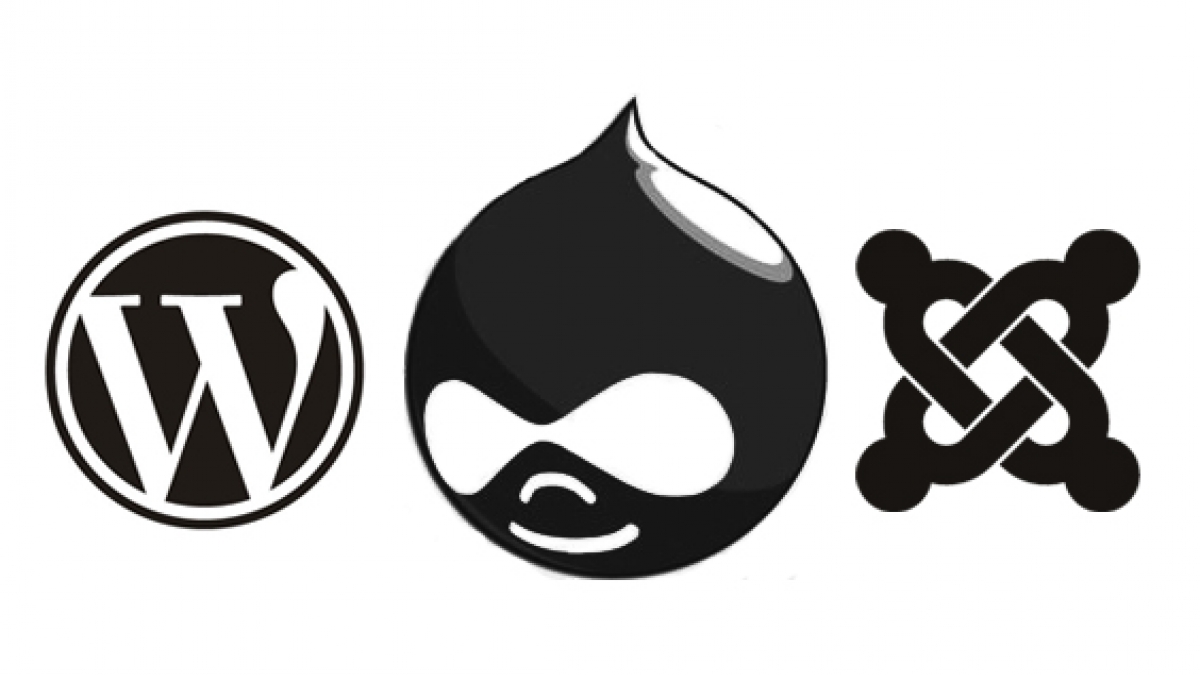
Web Words Explained: Content Management System
The meaning is supposed to be simple. The omniscient information source known as Wikipedia currently defines a content management system, or CMS, as "a system providing a collection of procedures used to manage work flow in a collaborative environment"... Say what!?
Of course, this isn't the first time LevelTen has explained the meaning of a content management system and why you need one. The thing is, we can break this definition down a little further.
If you've ever used Drupal, Joomla, or Wordpress, you've used a content management system. Simply, a CMS is software that allows you to quickly and remotely log into your site, edit the appearance, manage your site's users, post blogs, articles, and other content, and just generally organize the information that appears on your site. Not only does the CMS allow the administrator to make these changes, but it allows other users to do the same (with the correct settings in place of course). This makes it easy for you to delegate work to employees or bloggers and get them to create pages and articles for you (wink, wink).
If you're new to website management, the CMS is very important. It allows you to enter your site without having to find and edit each page in the seemingly complex maze that is your local site server.
What you'll love:
![]() -The CMS allows anyone to edit your site, if you let them. All they need is their own user profile.
-The CMS allows anyone to edit your site, if you let them. All they need is their own user profile.
-As the site admin, you can set levels of approval for publishing content. This means you can set permissions for each user easily. In Drupal, these are found under the "People" tab.
-A content management system is inexpensive to maintain. Drupal, for instance, is open source, and free to download and use.
-A theme is automatically used across your site. This means you apply your site design once and each page looks the same. Once the theme is applied, you can then change the information and structure of each page while maintaining a cohesive look and feel.
-You don't need to know complicated coding to build a simple, clean website. Once the site is set up, you will be able to submit various content types to the site. These can be created to restrict and guide the structure of your content. This is a good way to fool-proof your site design.
What you'll need to know:
 -HTML. Yes, that's right, you'll still need to know basic HTML. In Drupal, there is a way to add a WYSIWYG (What You See Is What You Get) editor to your pages. However, if it's not enabled, knowing a few basic HTML formatting tags will help you a lot. You can search for the right tags and learn how to use them at W3Schools.
-HTML. Yes, that's right, you'll still need to know basic HTML. In Drupal, there is a way to add a WYSIWYG (What You See Is What You Get) editor to your pages. However, if it's not enabled, knowing a few basic HTML formatting tags will help you a lot. You can search for the right tags and learn how to use them at W3Schools.
-How to save a draft and publish a page or article in your CMS of choice. It's not always the same, especially in a flexible content management system like Drupal. When I first began using Drupal, I found that there is a pull-down menu near the bottom of each article or page titled "Publish". Before clicking save, remember to uncheck the box if you want to save your work for someone else to proof, or to save and review before publishing.
-How to install updates. Sometimes installation can be simple, other times you have to follow a few steps. A quick search in Google will usually yield an easy to follow guide since many of the best and most popular content management systems are open source.
Let's Review:
Basically, building your site with a content management system makes your site easy to edit by signing in to your account from any location. It's a low cost way to maintain cohesive sites with multiple types of content. If you're looking for ease of use when building your site, using a content management system is a great way to get your web presence up and running.
Now tell us, what content management systems have you used? Is there anything else you want to know about CMS?
